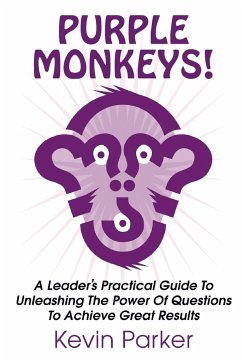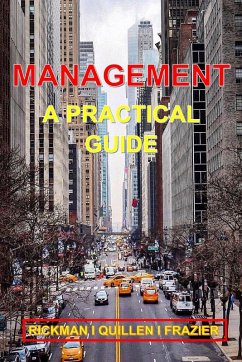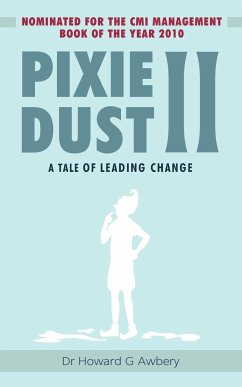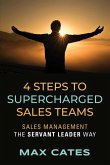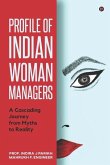This book highlights the importance of ensuring that an organisation's management system is able to consistently achieve an effective outcome. Unfortunately, in many cases, an organisation's personnel just blindly follow their system without considering how effective or efficient it is. Where there are known problems with any process, it is imperative to gather reliable information on the cause otherwise improvements cannot be implemented. It is important to look at the examples given in the book to judge if the activities undertaken can be justified. Ecah section of the book is standalone, therefire, some repetition is inevitable; this books aims to challenge the accepted approach. To facilitate this, where there are no acceptable current terms or definitions, new terms have been introduced and earlier versions of definitions are sometimes preferred. The book is not prescriptive; if readers believe that the examples in the book could be improved upon, then the organisation's own systems may be modified to benefit them. This book gives basic guidance on how to gather information and plan improvements. It is deliberately kept as imple as possible to allow organisations to take action by gathering information immediately. Constructive comments are welcome and can be sent by email to daveseear@btinternet.com This is the 5th book by David John Seear. It is hoped that this book will start a debate on what is currently accepted with the intention of reducing "Chronic Waste".
Hinweis: Dieser Artikel kann nur an eine deutsche Lieferadresse ausgeliefert werden.
Hinweis: Dieser Artikel kann nur an eine deutsche Lieferadresse ausgeliefert werden.


